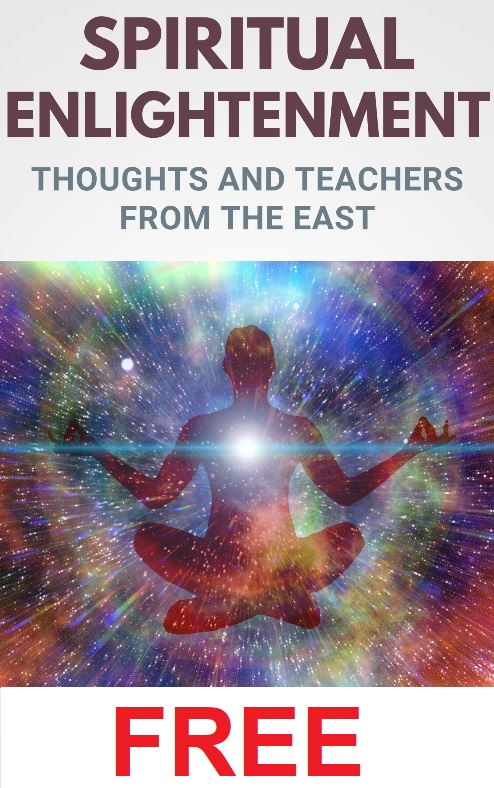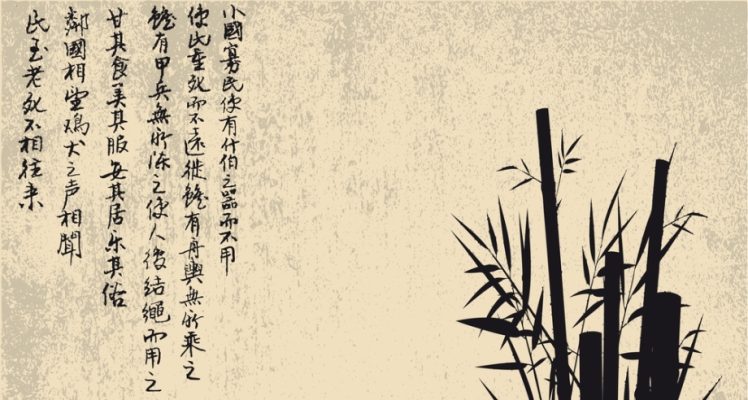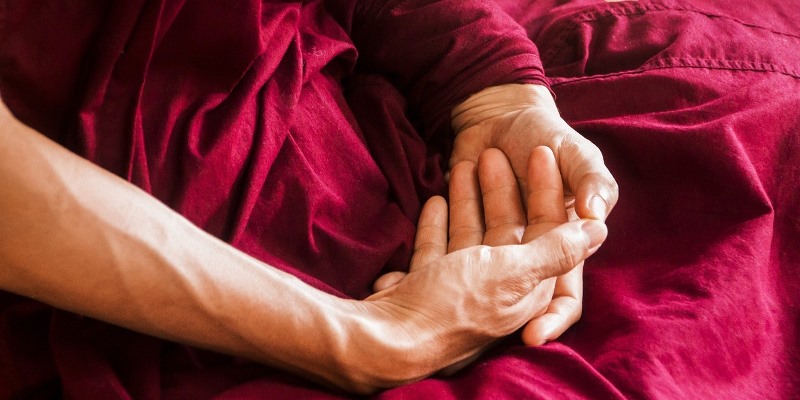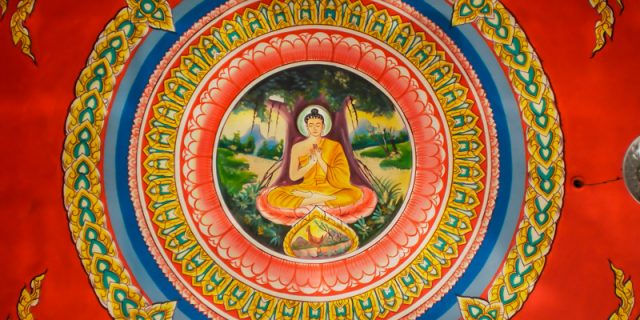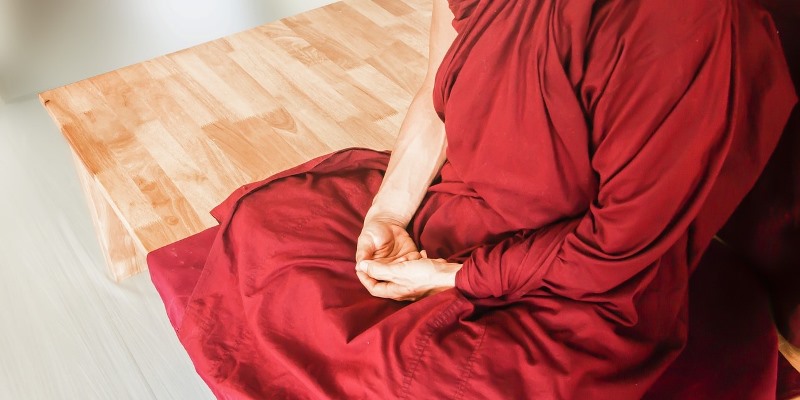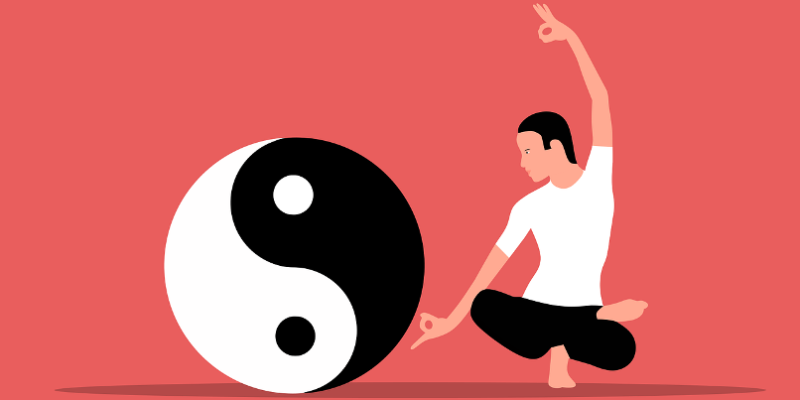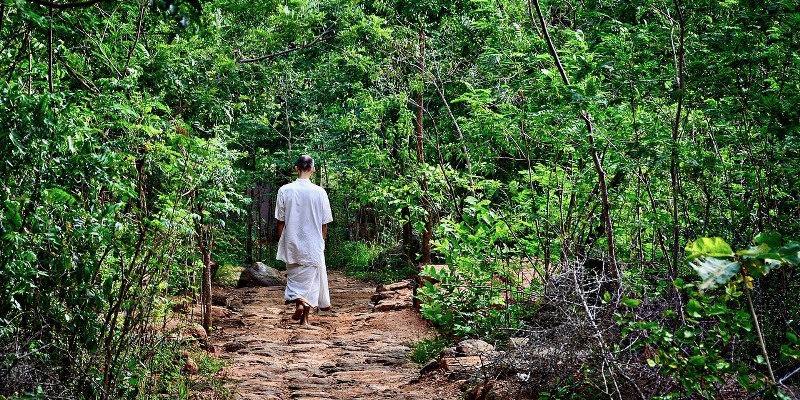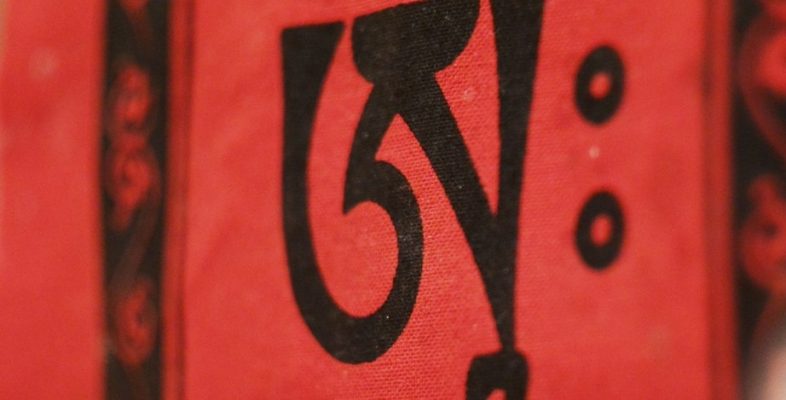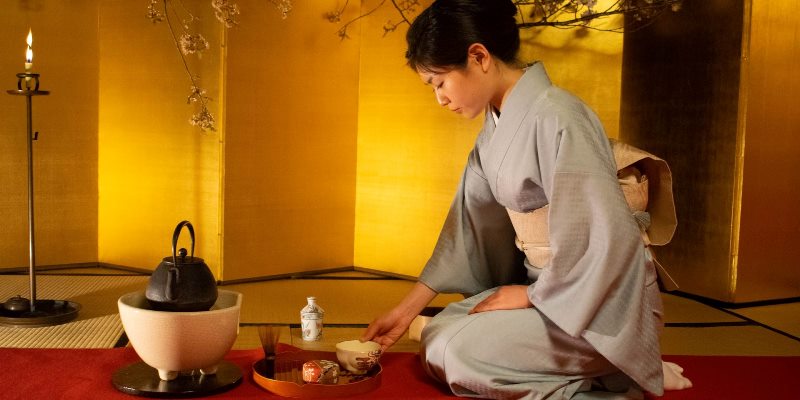
Myoan Eisai (Yosai), a Japanese Buddhist priest (1141 – 1215), founded Zen Buddhism in Japan, through what today is called the Rinzai School (the Japanese translation of the Chinese Chan Linji School). The Rinzai School is one of three major Zen lineages in Japanese Buddhism, together with the Sōtō Zen and Ōbaku Zen schools.
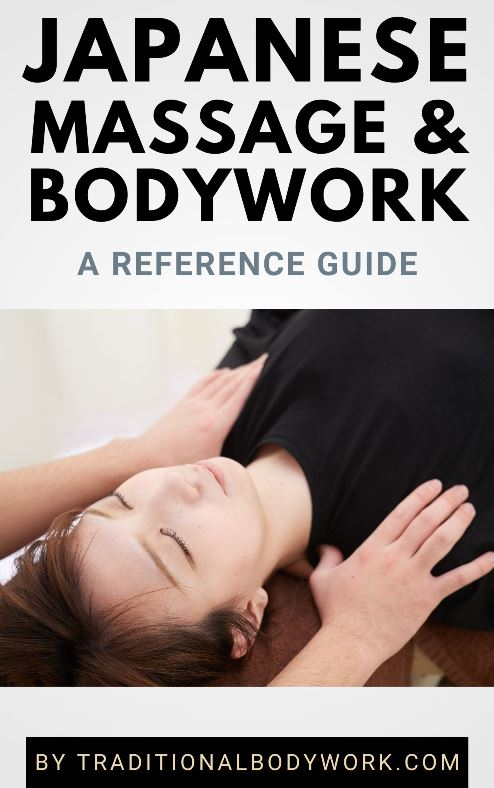
Nevertheless, some decades later, Nanpo Shōmyō (1235 – 1308), who also studied Chan Linji teachings in China, founded the Japanese Ōtōkan lineage, which finally became the most influential and today only surviving branch of Rinzai (Linji) in Japan.
The Rinzai Zen lineage became rather influential because it soon enjoyed protection by the ruling class of Japan, that is, by the Imperial Court, the Shogun and Samurai, which influence was at its greatest between the 12th to 19th century CE.
The Shogun adopted the Chinese Five Mountain System and Ten Monasteries System, being a network of state-sponsored and state-controlled Zen Buddhist temples. This system was used to establish a kind of governmental bureaucracy in order to control the country, and the monks became defacto “civil servants.” Yet, not all Rinzai Zen communities were under strict state control and subsequently had more freedom in their practices.

Rinzai Zen focusses on Kenshō (“seeing one’s authentic nature”) and is an exponent of the sudden enlightenment doctrine (as opposed to gradual enlightenment). Nevertheless, after the glimpse of reality (Kenshō is seen as an initial insight or awakening), Rinzai style Zen emphasizes the fact that it takes many years training afterwards to integrate and crystallize full Enlightenment (or full Buddhahood).
Training in Rizai Zen uses, for instance, Zazen Seated Meditation, Mindfulness of Breath, Kōan study, many arts (including Martial Arts), sports, and so-called Samu (physical work done with mindfulness), and is rather vigorous and severe in its training methods. The Rinzai school is also closely related to the famous Japanese tea ceremony, which contains many aspects of the Zen way of life, such as attaining discipline, selflessness, grace, and calmness.


